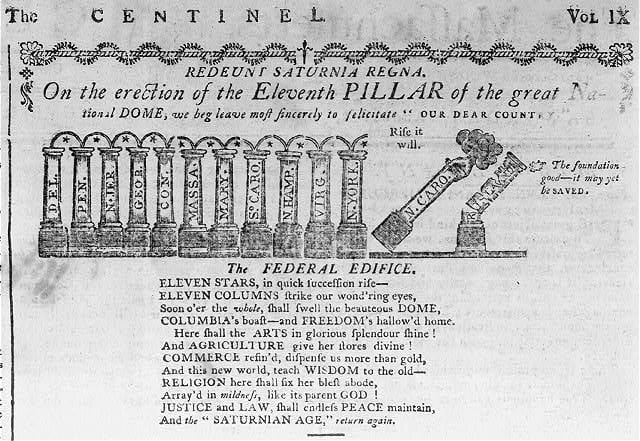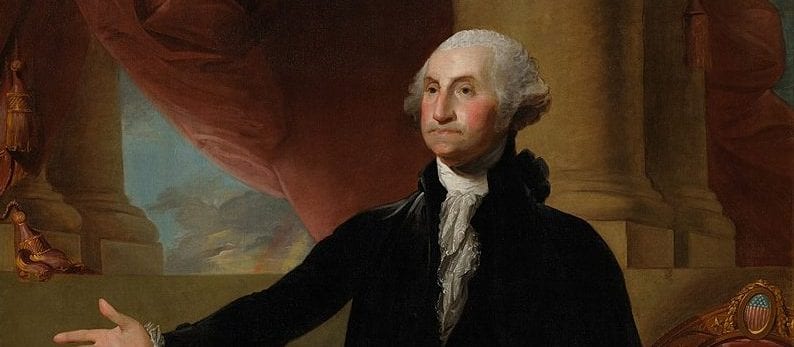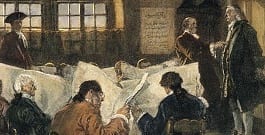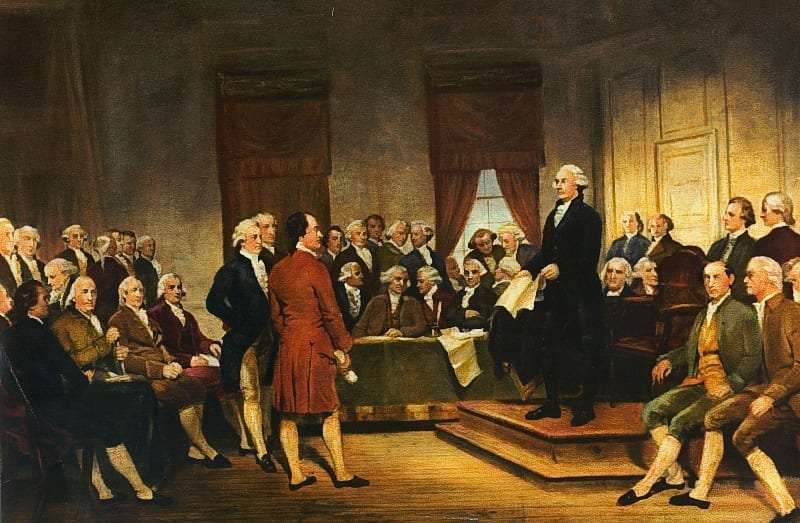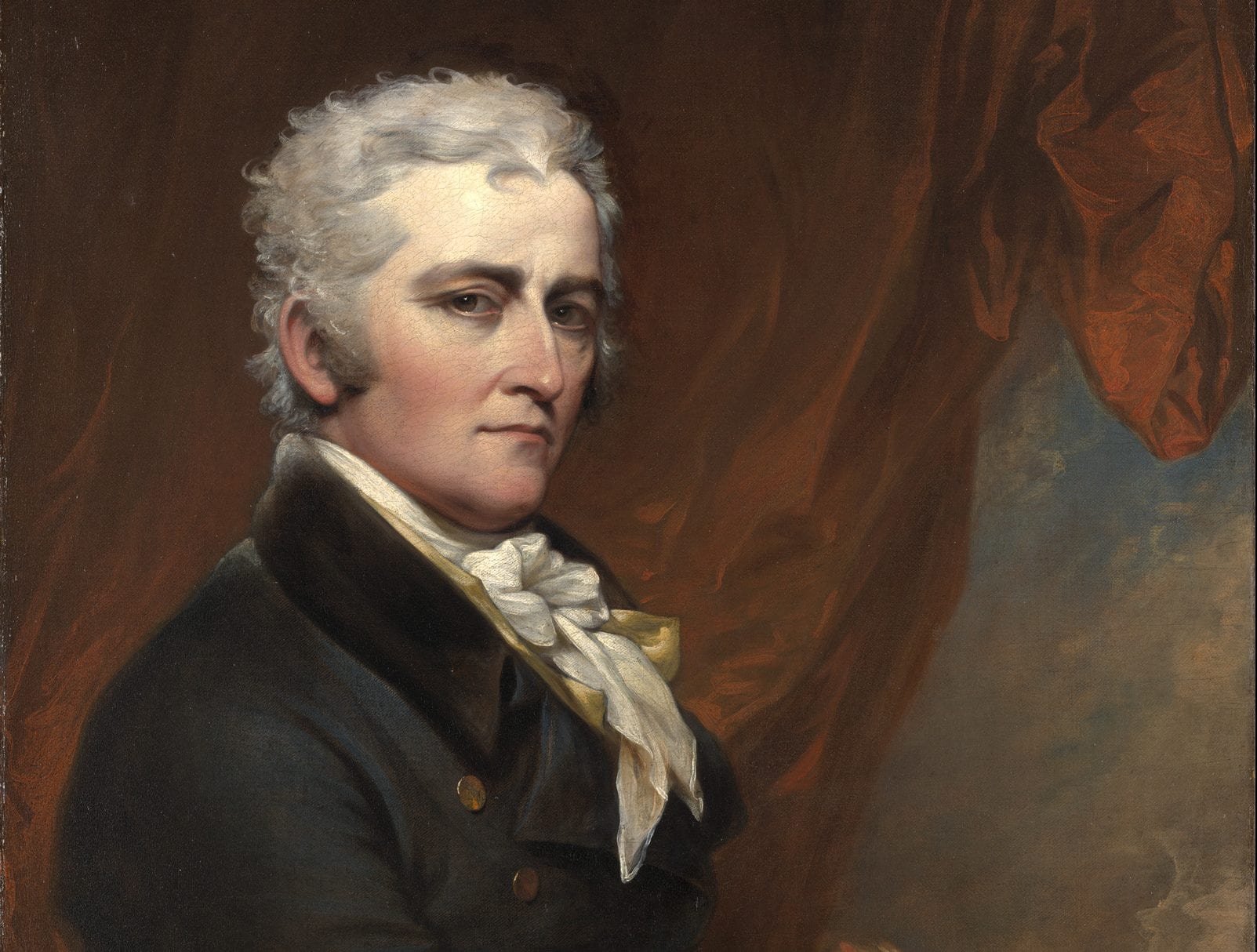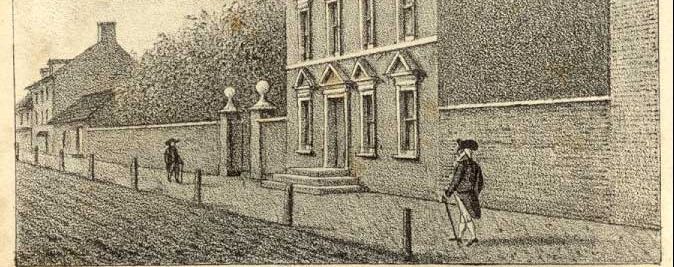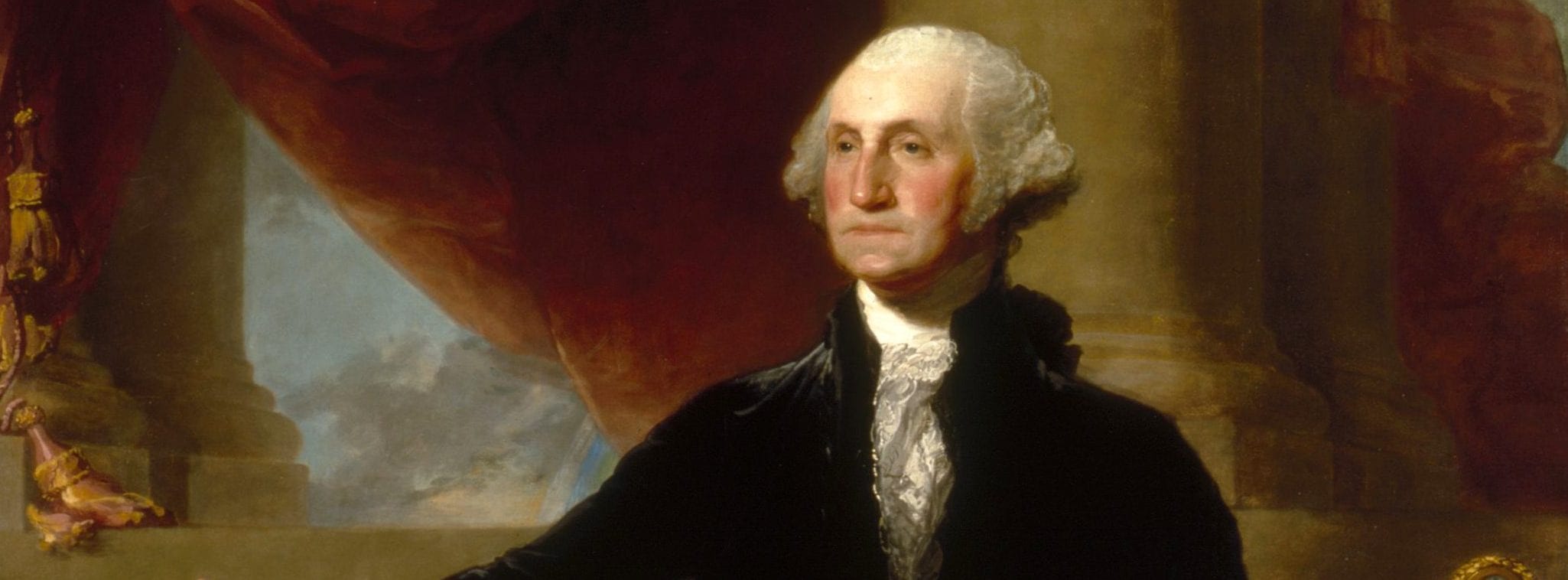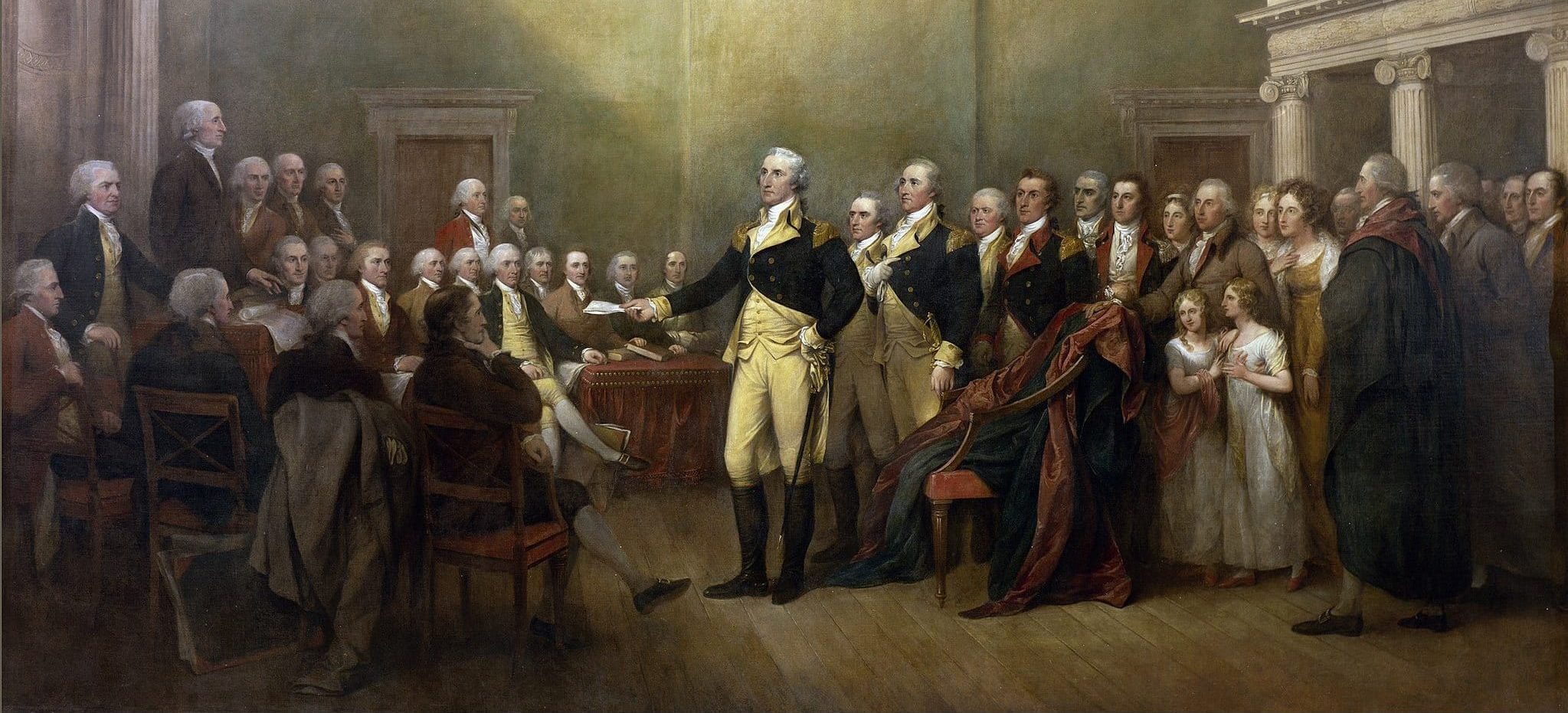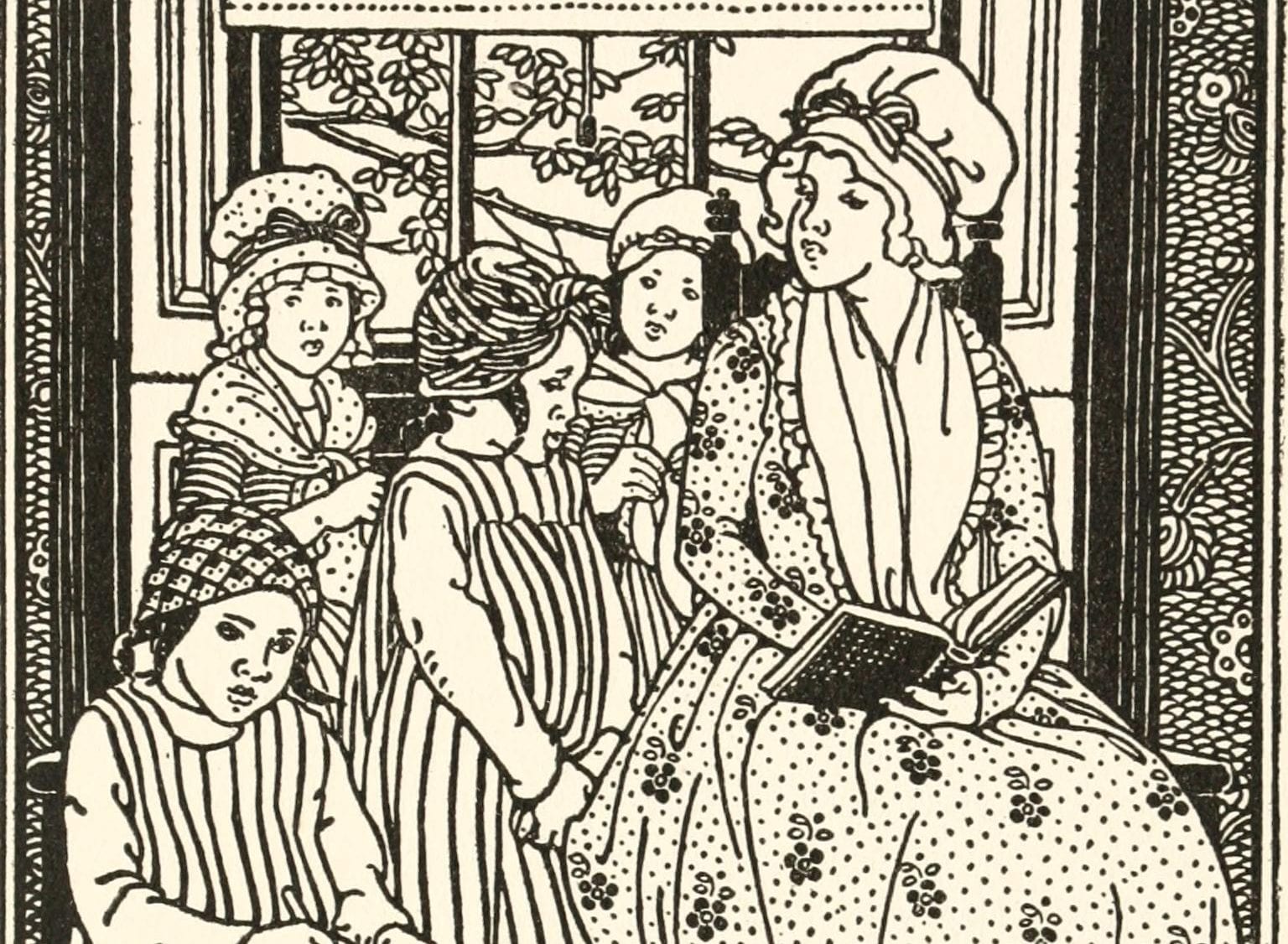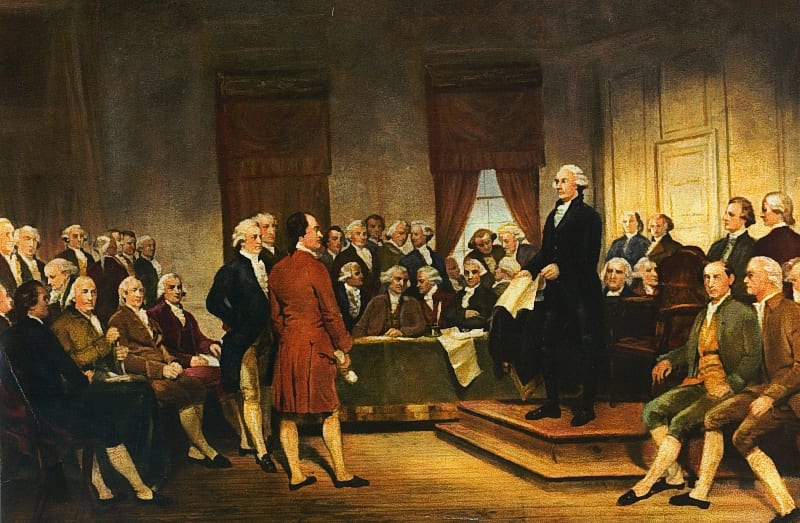
No study questions
No related resources
Mr. Ellsworth opened the Debates of the day, in a
Speech the substance of which is as follows.
Mr. President. It is observable, that there is no preface to the proposed Constitution; but it evidently presupposes two things; one is the necessity of a federal government, the other is the inefficiency of the old articles of confederation. A Union is necessary for the purposes of national defence. United, we are strong; divided we are weak. It is easy for hostile nations to sweep off a number of separate states one after another. Witness the states in the neighbourhood of ancient Rome. They were successively subdued by that ambitious city; which they might have conquered with the utmost ease, if they had been United. Witness the Canaanitish nations, whose divided situation rendered them an easy prey. Witness England, which, when divided into a number of separate states, was twice conquered by an inferior force. Thus it always happens to small states, and to great ones, if divided. Or if to avoid this, they connect themselves with some powerful state, their situation is not much better. This shows us the necessity of our combining our whole force; and, as to national purposes, becoming one state.
A Union, Sir, is likewise necessary considered with relation to ceconomy. Small States have enemies as well as great ones. They must provide for their defence. The expense of it, which would be moderate for a large kingdom, would be intollerable to a petty State. The Dutch are wealthy, but they are one of the smallest of the European nations, and their taxes are higher than in any other country of Europe. Their taxes amount to forty shillings per head, when those of England do not exceed half that sum.
We must unite, in order to preserve peace among.ourselves. If we are divided, what is to hinder wars from breaking out among the states? States, as well as individuals, are subject to ambition, to avarice, to those jarring passions which disturb the peace of society. What is to check these? If there is a parental hand over the whole, this, and nothing else, can restrain the unruly conduct of the members.
Union is necessary to preserve commutative justice between the states. If divided, what is to hinder the large states from oppressing the small? What is to defend us from the ambition and rapacity of New—York, when she has spread over that vast territory, which she claims and holds? Do we not already see in her the seeds of an overbearing ambition? On our other side there is a large and powerful State. Have we not already begun to be tributaries? If we do not improve the present critical time, if we do not unite, shall we not be like Issachar of old, a strong ass crouching down between two burdens? New—Jersey and Deleware have seen this, and have adopted the constitution unanimously.
A more energetic system is necessary. The present is merely advisory. It has no coercive power. Without this, government is ineffectual, or rather is no government at all. But it is said, such a power is not necessary. States will not do wrong. They need only to be told their duty, and they will do it. I ask, Sir, what warrant is there for this assertion? Do not States do wrong? Whence come wars? One of two hostile nations must be in the wrong. But it is said, among sister States this can never be presumed. But do we not know, that when friends become enemies, their enmity is the most virulent? The seventeen provinces of the Netherlands were once confederated; they fought under the same banner. Antwerp, hard pressed by Philip, applied to the other states for relief. Holland, a rival in trade, opposed, and prevented the needed succours. Antwerp was made a sacrifice. I wish I could say, there were no seeds of similar injustice springing up among us. Is there not in one of our states injustice too barefaced for eastern despotism? That state is small; it does little hurt to any but itself. But it has a spirit, which would make a tophet of the universe. But some will say, we formerly did well, without any union. I answer, our situation is materially changed. While Great Britain held her authority, she awed us. She appointed governors and councils for the American provinces. She had a negative upon our laws. But now, our circumstances are so altered, that there is no arguing what we shall be from what we have been.
It is said, that other confederacies have not had the principle of coercion. Is this so? Let us attend to those confederacies which have resembled our own. Sometime before Alexander, the Grecian States confederated together. The Amphyctionic council, consisting of Deputies from these States, met at Delphos; and had authority to regulate the general interests of Greece. This Council did enforce its decrees by coercion. The Beotians once infringed upon a decree of the Amphyctions. A heavy mulct was laid upon them. They refused to pay it. Upon that, their whole territory was confiscated. They were then glad to compound the matter. After the death of Alexander, the Achean League was formed. The decrees of this confederacy were enforced by dint of arms. The f£tolian league was formed by some other Grecian cities in opposition to the Achean; and there was no peace between them, till they were conquered, and reduced to a Roman province. They were then all obliged to sit down in peace under the same yoke of despotism.
How is it with respect to the principle of coertion in the Germanic body? In Germany there are about three hundred principalities and republics; deputies from these meet annually in the general Diet to make regulations for the empire. But the execution of those is not left voluntarily with the members. The empire is divided into ten circles; over each of which a superintendant is appointed, with the rank of a major—general. It is his duty to execute the decrees of the empire with a military force.
The confederation of the Swiss Cantons has been considered as an example. But their circumstances are far different from ours. They are small republics, about twenty miles square, situated among the Alps, and inaccessible to hostile attacks. They have nothing to tempt an invasion. Till lately, they had neither commerce, nor manufactures. They were merely a set of herdsmen. Their inaccessibleness has availed them. Four hundred of those mountainers defeated 15,000 Austrians, who were marching to subdue them. They spend the ardour of youth in foreign service; they return old, and disposed for tranquility. Between some of the Cantons and France, there has long subsisted a defensive treaty. By this treaty, France is to be a mediator to settle differences between the Cantons. If any one is obstinate, France is to compel a submission to reasonable terms.
The Dutch Republic is an example that merits attention. The form of their constitution, as it is on paper, admits not of coertion. But necessity has introduced it in practice. This coercive power is the influence of the stadtholder, an officer originally unknown to their constitution. But they have been necessitated to appoint him, in order to set their unwieldy machine of government in motion. He is commander in chief of their navy, and of their army consisting of 40, or 50 regiments. He appoints the officers of the land and naval forces. He resides in the states general, and in the states of every province; and by means of this, he has a great opportunity to influence the elections and decisions. The province of Holland have ever been opposed to the appointment of a stadtholder; because, by their wealth and power, being equal to all the other provinces, they possess the weight and influence of the stadtholder, when that office is vacant. Without such an influence, their machine of government would no more move, than a ship without wind, or a clock without weights.
But to come nearer home, Mr. President, have we not seen and felt the necessity of such a coercive power? What was the consequence of the want of it during the late war, particularly towards the close? A few states bore the burden of the war. While we, and one or two more of the states, were paying 80 or 100 dollars per man to recruit the continental army, the regiments of some states had scarcely men enough to wait on their officers. Since the close of the war, some of the states have done nothing towards complying with the requisitions of Congress; others, who did something at first, seeing that they were left to bear the whole burden, have become equally remiss. What is the consequence? To what shifts have we been driven? We have been driven to the wretched expedient of negociating new loans in Europe to pay the interest of the foreign debt. And what is still worse, we have even been obliged to apply these new loans to the support of our own civil government at home.
Another ill consequence of this want of energy is that treaties are not performed. The treaty of peace with Great—Britain was a very favourable one for us. But it did not happen perfectly to please some of the states: and they would not comply with it. The consequence is, Britain charges us with the breach, and refuses to deliver up the forts on our northern quarter.
Our being tributaries to our sister states is a consequence of the want of a federal system. The state of New—York raises 60 or 80,000 1. a year by impost. Connecticut consumes about one third of the goods upon which this impost is laid; and consequently pays one third of this sum to New—York. If we import by the medium of Massachusetts, she has an impost, and to her we pay a tribute. If this is done, when we have the shadow of a national government, what shall we not suffer, when even that shadow is gone?
If we go on as we have done, what is to become of the foreign debts? Will foreign nations forgive us this debt, because we neglect to pay? or will they levy it by reprisals as the laws of nations authorize them? Will our weakness induce Spain to relinquish the exclusive navigation of the Missisippi, or the territory which she claims on the east side of that river? Will our weakness induce the British to give up the Northern posts? If a war breaks out, and our situation invites our enemies to make war, how are we to defend ourselves? Has Government the means to enlist a man, or buy an ox? or shall we rally the remainder of our old army? The European nations, I believe to be not friendly to us. They were pleased to see us disconnected from Great—Britain; they are pleased to see us disunited among ourselves. If we continue so, how easy it is for them to canton us out among them, as they did the Kingdom of Poland? But supposing this is not done, if we suffer the union to expire, the least that can be expected is that the European powers will form alliances, some with one State and some with another, and play the States off one against another, and that we shall be involved in all the labyrinths of European politics. But I do not wish to continue the painful recital: enough has been said to shew, that a power in the general government to enforce the decrees of the union, is absolutely necessary.
The Constitution before us is a complete system of legislative, judicial, and executive power. It was designed to supply the defects of the former system; and I believe, upon a full discussion, it will be found calculated to answer the purposes for which it was designed.
Dr. Johnson rose after Mr. Ellsworth and expressed himself to the following purpose.
My Honourable Friend has represented to us the miserable State, which we are in with respect to our public affairs. It is a melancholy picture; but not too highly drawn. Our commerce is annihilated; our national honour, once in so high esteem, is no more. We have got to the very brink of ruin; we must turn back, and adopt a new system. The gentleman’s arguments have demonstrated that a principle of coercion is absolutely necessary, if we would have a union to answer any beneficial purposes. All ancient leagues have had this principle. Holland has in fact had it. When a Dutch province has neglected to furnish her quota for the national expense, taxes have been levied by an army. It was necessary that each province should be compelled to pay her part. But how was this effected? There was no other way but by force of arms, a method most dangerous to the public tranquility.
Under our old confederation, each State was bound by the most solemn obligations to pay its proportion of the national expense. If any State did not perform what it had so solemnly promised, it became a transgressor. It did an injury to the other States, to which it had plighted its faith for the performance of what it had stipulated in the articles of confederation. The other States have a right to redress; they have a right by the law of nature and nations to insist upon, and compel a performance. How shall this be done? There is no other way but by force of arms. What is the consequence? This way of enforcing federal decrees leads directly to civil war and national ruin. This was the case with the ancient leagues. The States in confederacy were bound by compact, to bear certain proportions of the public burdens. Some of the States were delinquent; they failed in performing their stipulations. This injurious conduct provoked the others; they had recourse to arms for redress. While they were thus involved in civil war, neighbouring powers took advantage of it, and availed themselves of the forces of a part to subdue the rest. Such is the nature of this kind of confederacies, that the general decrees must either remain without efficacy, or be put in execution by a military force.
The Convention saw this imperfection in attempting to legislate for States, in their political capacity; that the coercion of Law can be exercised by nothing but a military force. They have therefore gone upon entirely new ground. They have formed one new nation out of the individual States. The constitution, vests in the general legislature a power to make laws in matters of national concern; to appoint Judges to decide upon these Laws; and to appoint officers to carry them into execution. This excludes the idea of an armed force. The power, which is to enforce these Laws, is to be a legal power vested in proper magistrates. The force, which is to be employed, is the energy of Law; and this force is to operate only upon individuals, who fail in their duty to their country. This is the peculiar glory of the constitution, that it depends upon the mild and equal energy of the magistracy for the execution of the Laws. The convention have framed a system of government, and now submit it to the wisdom of their country. We address ourselves, not to your passions, but to your reason; we speak as to wise men. Judge ye what we say. As to the old system, we can go no further with it; experience has shewn it to be utterly inefficient. The States were sensible of this, to remedy the evil they appointed the convention. Though no enthusiast, I cannot but impute it to a signal intervention of divine providence, that a convention from States differing in circumstances, interests, and manners, should be so harmonious in adopting one grand system. If we reject a plan of government, which with such favourable circumstances is offered for our acceptance, I fear our national existance must come to a final end.
Genuine Information III
January 04, 1788
Conversation-based seminars for collegial PD, one-day and multi-day seminars, graduate credit seminars (MA degree), online and in-person.




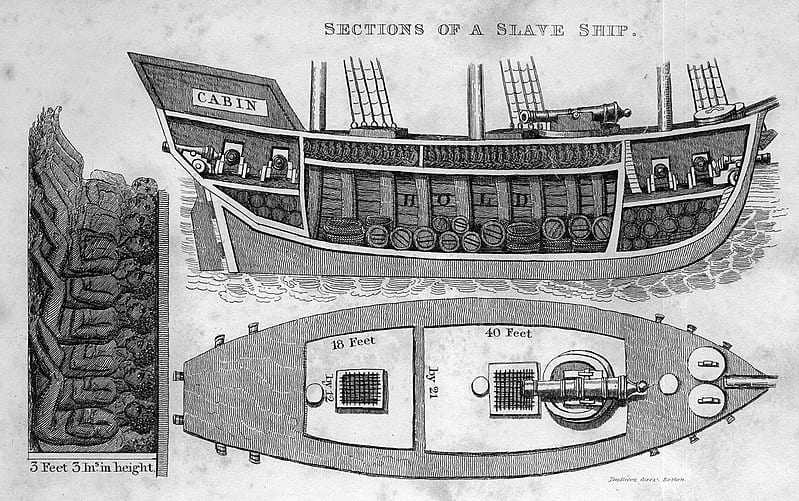






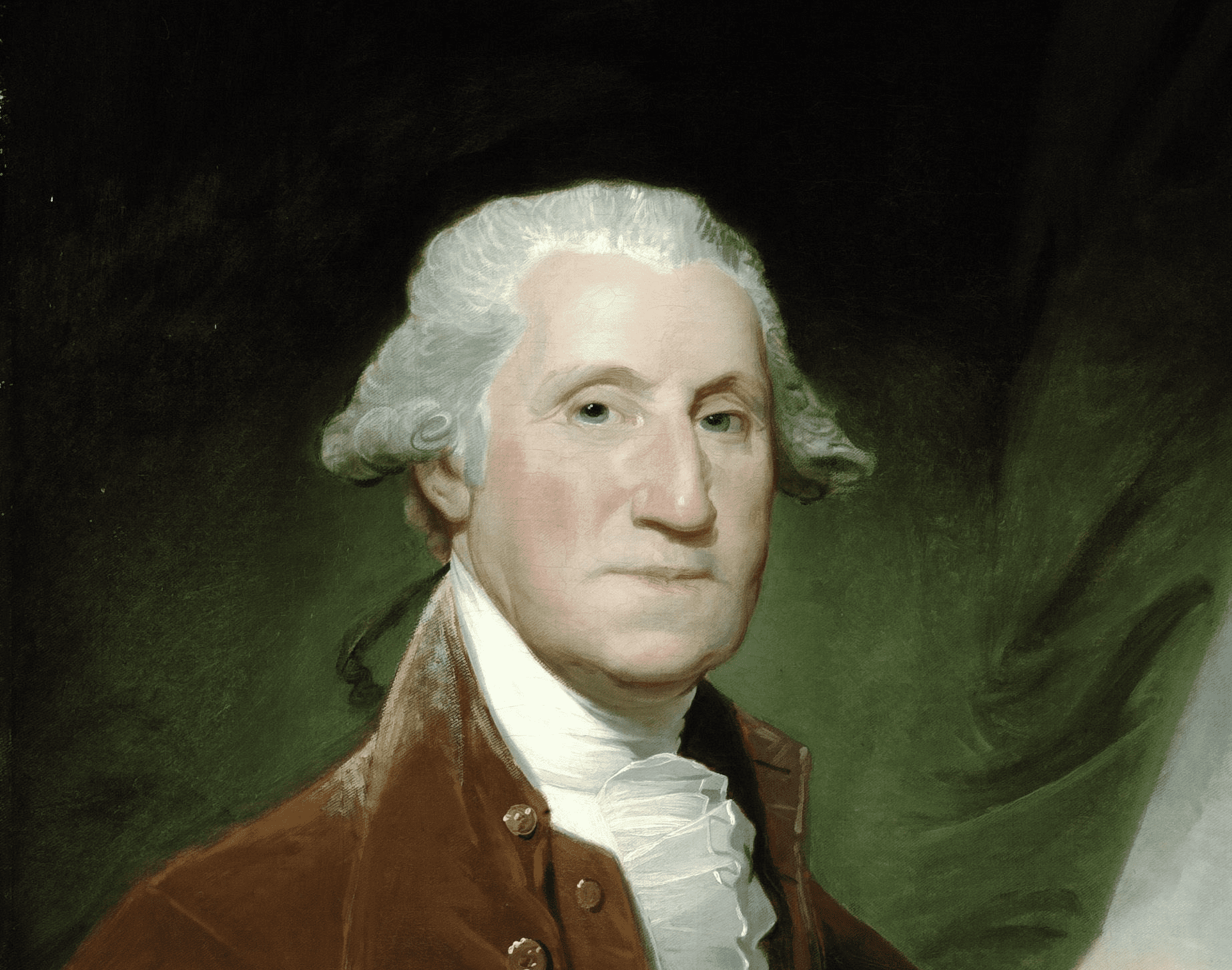















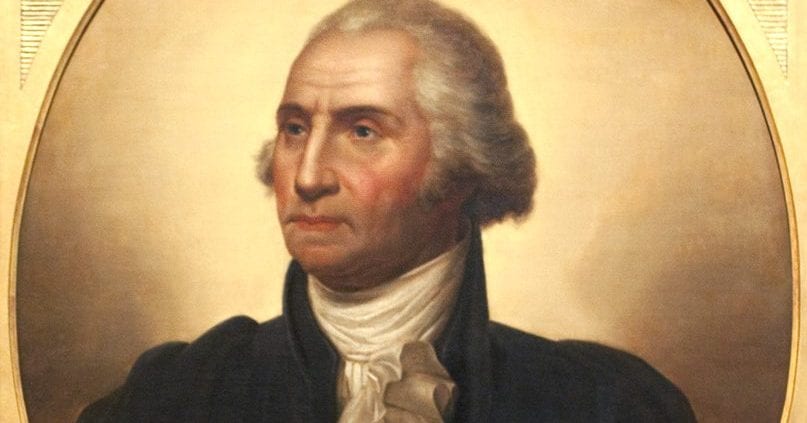
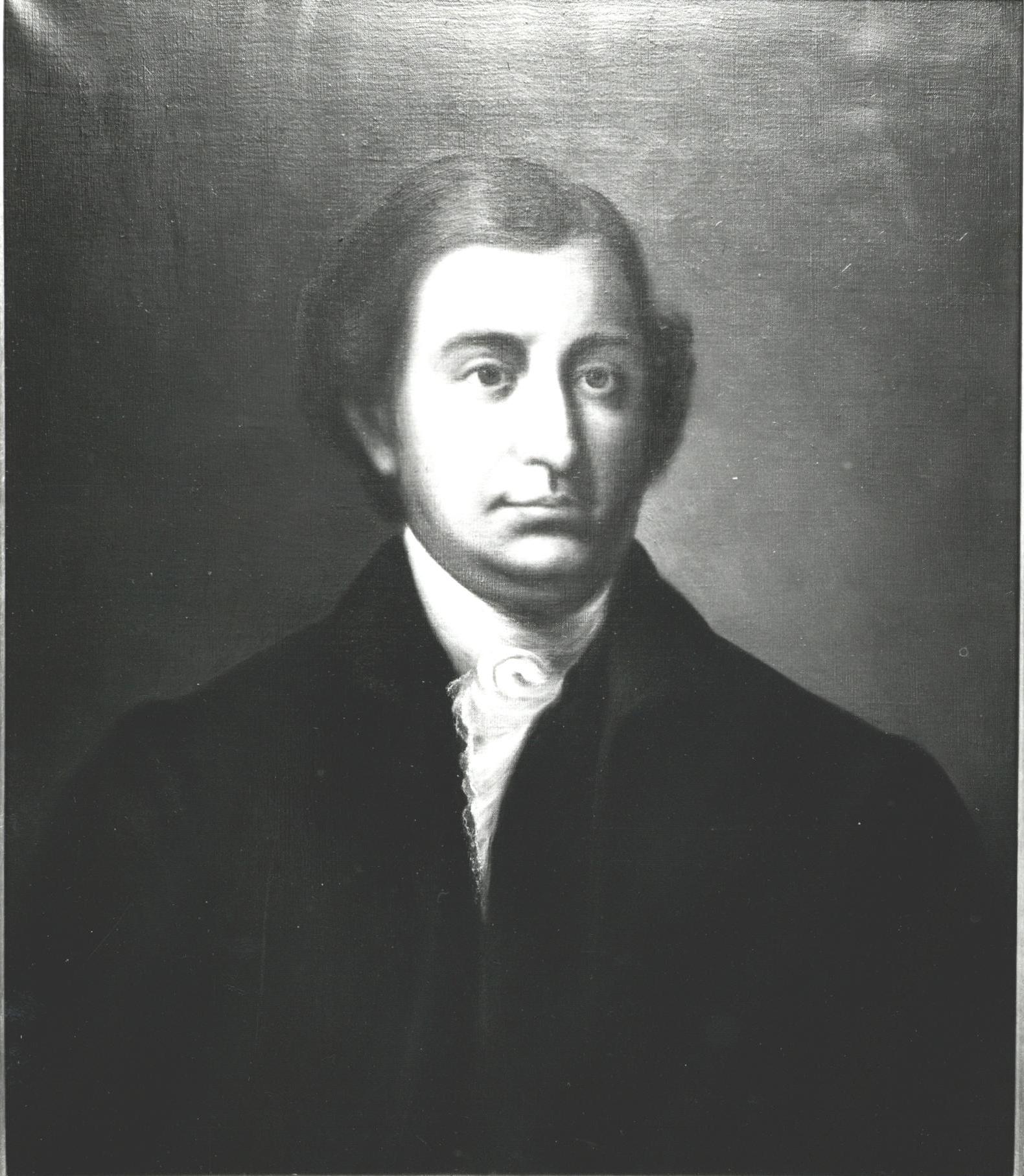
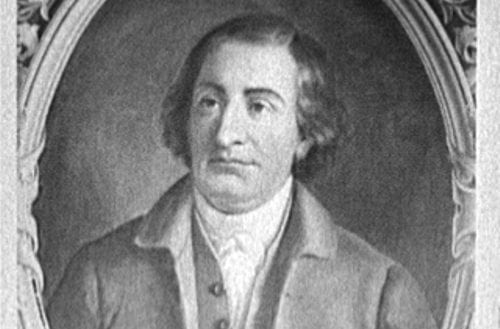
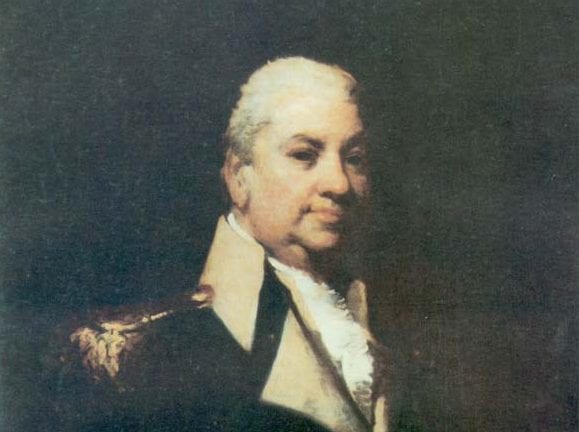




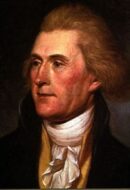













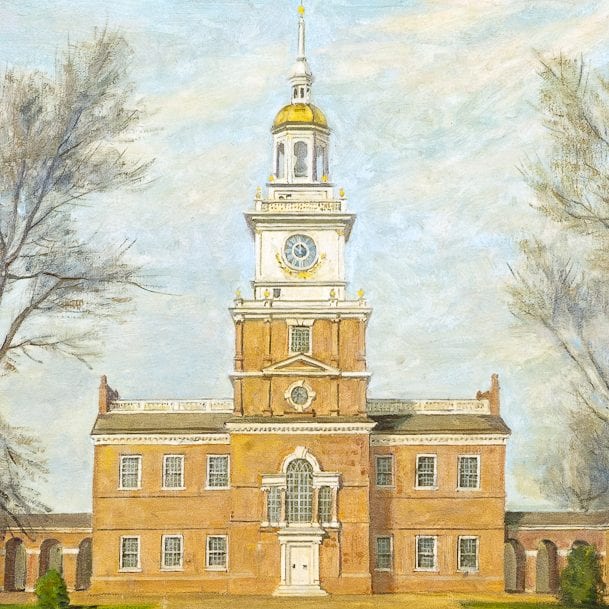

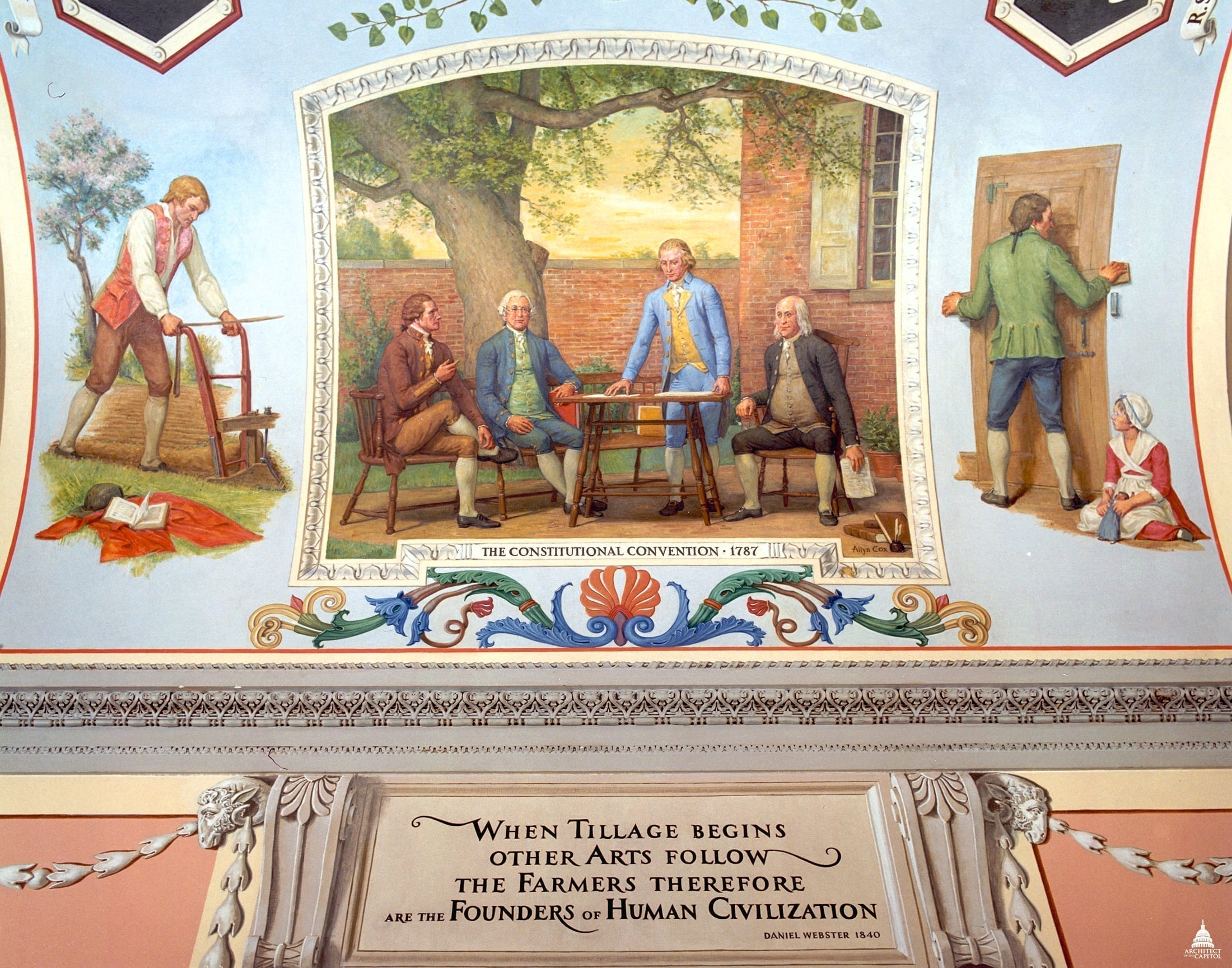

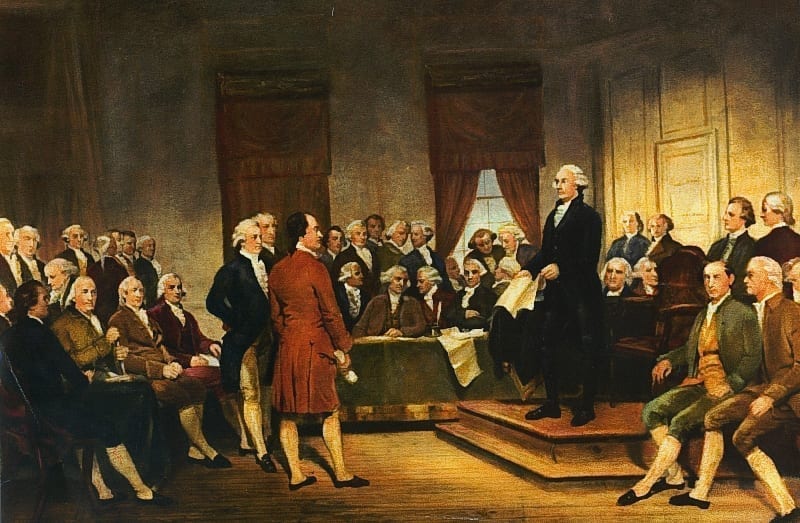


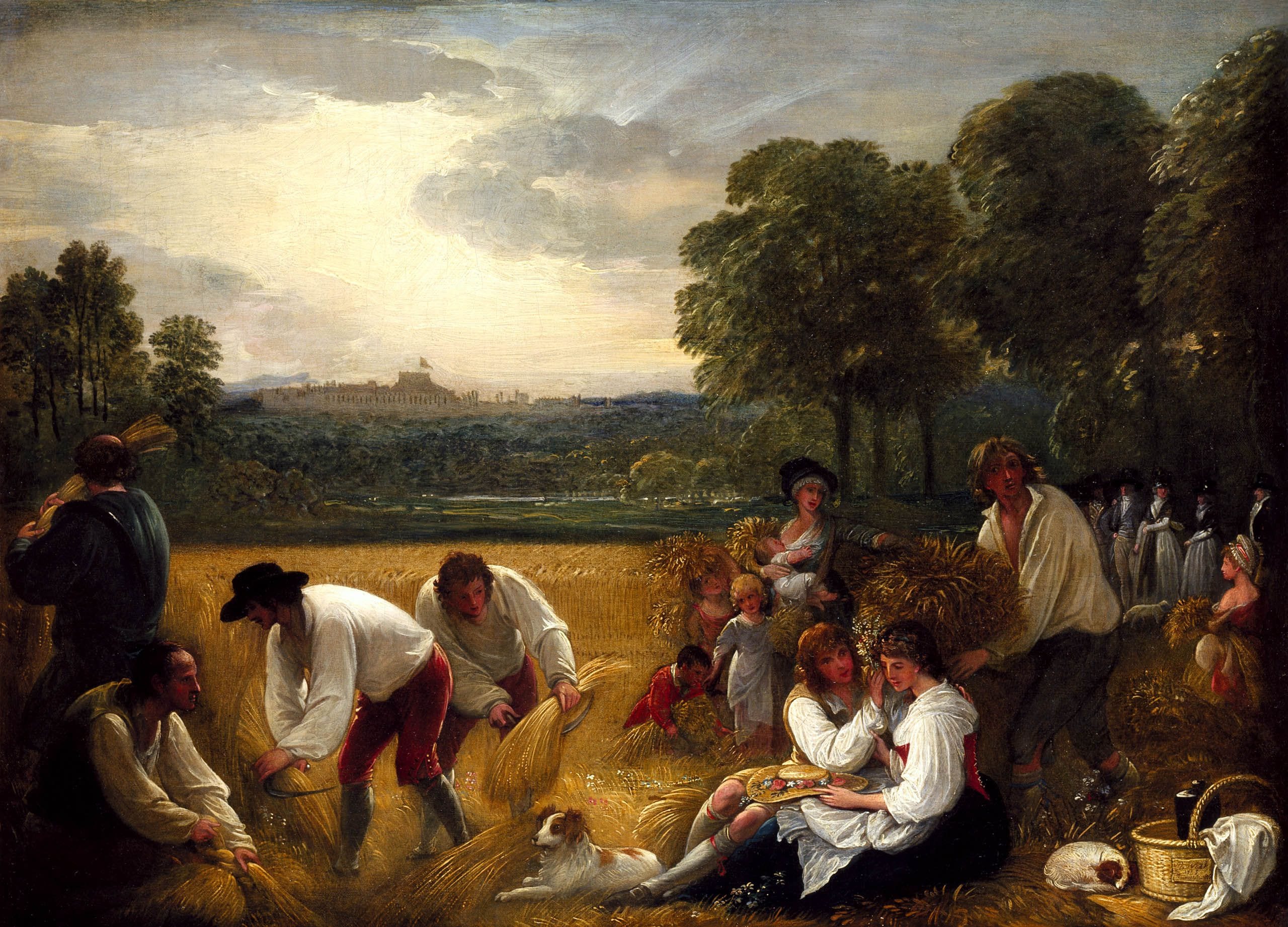
















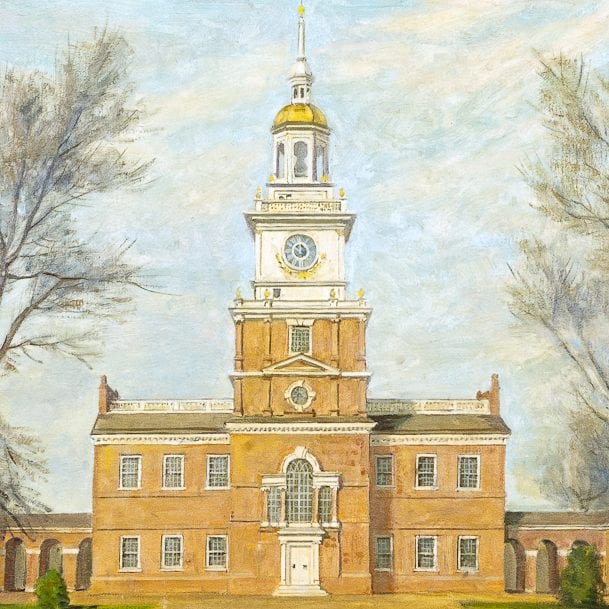
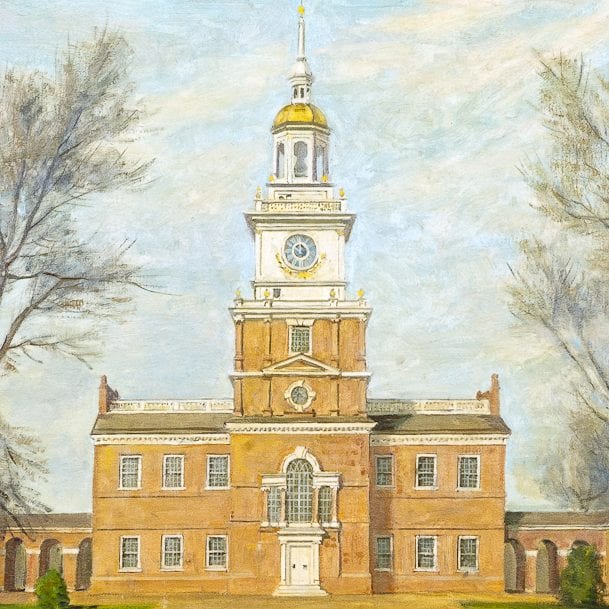






































































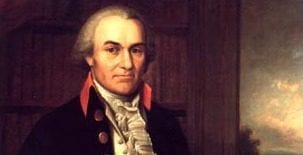



























![Finley, A. (1829) Pennsylvania. Philada. [Map] Retrieved from the Library of Congress, https://www.loc.gov/item/98688548/.](/content/uploads/2024/02/Map-of-PA--273x190.jpg)





















